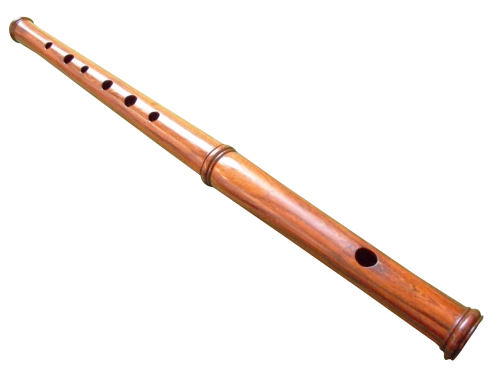The art of playing the flute
The accent is generally used for jumpy, lively, and bright music. When strumming, the tip of the tongue is pressed against the gums to form a blockage, and then the airflow suddenly rushes out of the mouth, making a "spit" sound.
How to make each "articulation" very clear? In addition to paying attention to the control of breath when playing (exhale as much air as you need, don't waste it. Generally, beginners tend to rush the breath out of the mouth, so the stored breath cannot last), but also pay attention to the flexible use of the tip of the tongue. The vibration of the tongue should be at the same time as the air blowing out, otherwise it will be blurred.

Practice method:
Blow the accent short and elastic. When practicing, do the training of tongue movements first, and then play on the instrument. The pronunciation of the "single spit" bass area is more difficult to master, and it needs to be practiced.
Double vomit: After making the single vomit sound of "spit", lift the base of the tongue, close to the soft palate to form a blockage, and then let the airflow suddenly rush out of the mouth, making a sound like "ku". If the word "Tuku" is used repeatedly, it will become a double spit. When we play fast short notes with single spit, we will feel that the tongue tip cannot keep up with the speed of the music, so we must use double spit or triple spit to play.
Exercise points:
1. In addition to the agility and shortness of the tongue movements, attention should also be paid to the control of the breath and the coordination of the tongue movements when playing the double accent. The mouth air should be aimed at the mouthpiece, and the upper and lower lips should not be shaken to prevent the "hissing, hissing" air leakage. You can do the tongue movement training of "Tuku Tuku" first, and then practice on the instrument. It is required that the words "spit" and "ku" have the same intensity, and one cannot be heavy and the other light.
2. The tongue movements of the double-spitted tongue should be flexible, and pay attention to the difference in the position of the tongue when playing the treble and the bass. Practice can be repeated many times, the pronunciation is clear and flexible.
 渝公网安备 50010702504639号
渝公网安备 50010702504639号